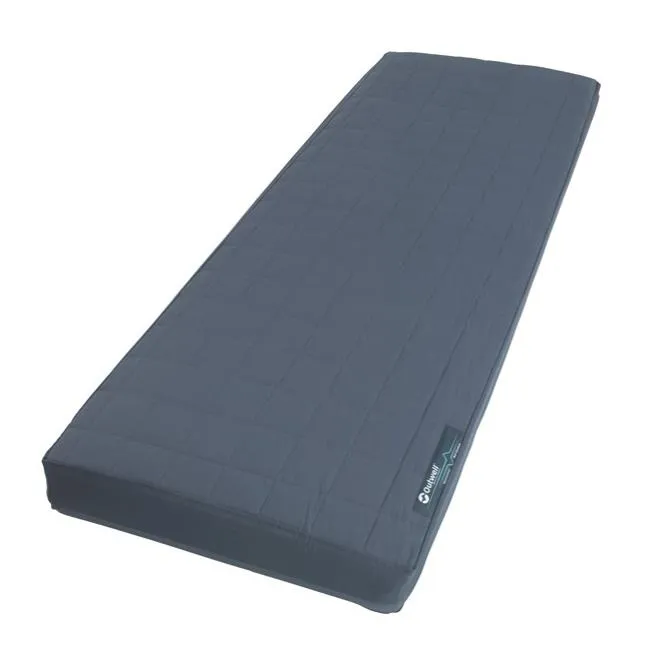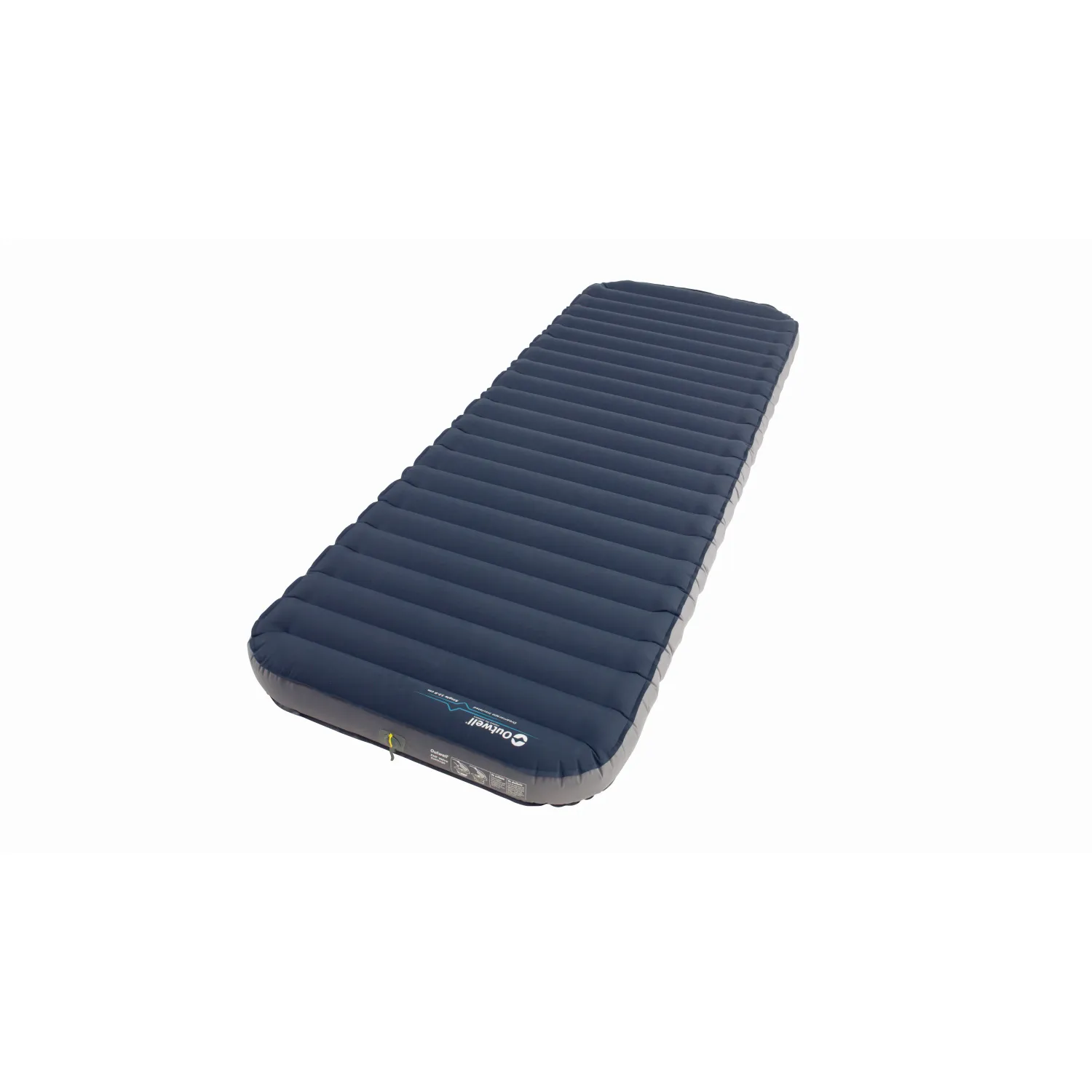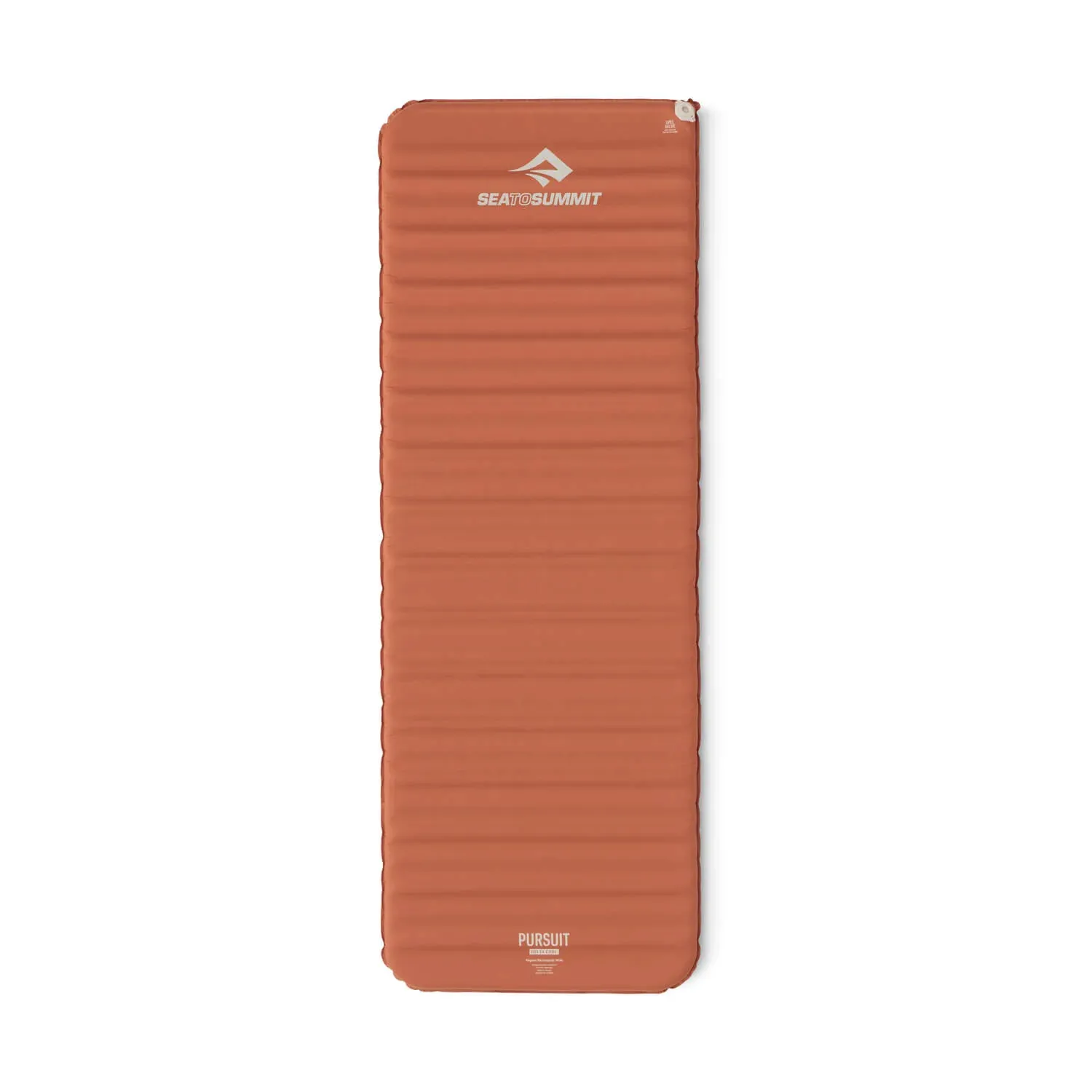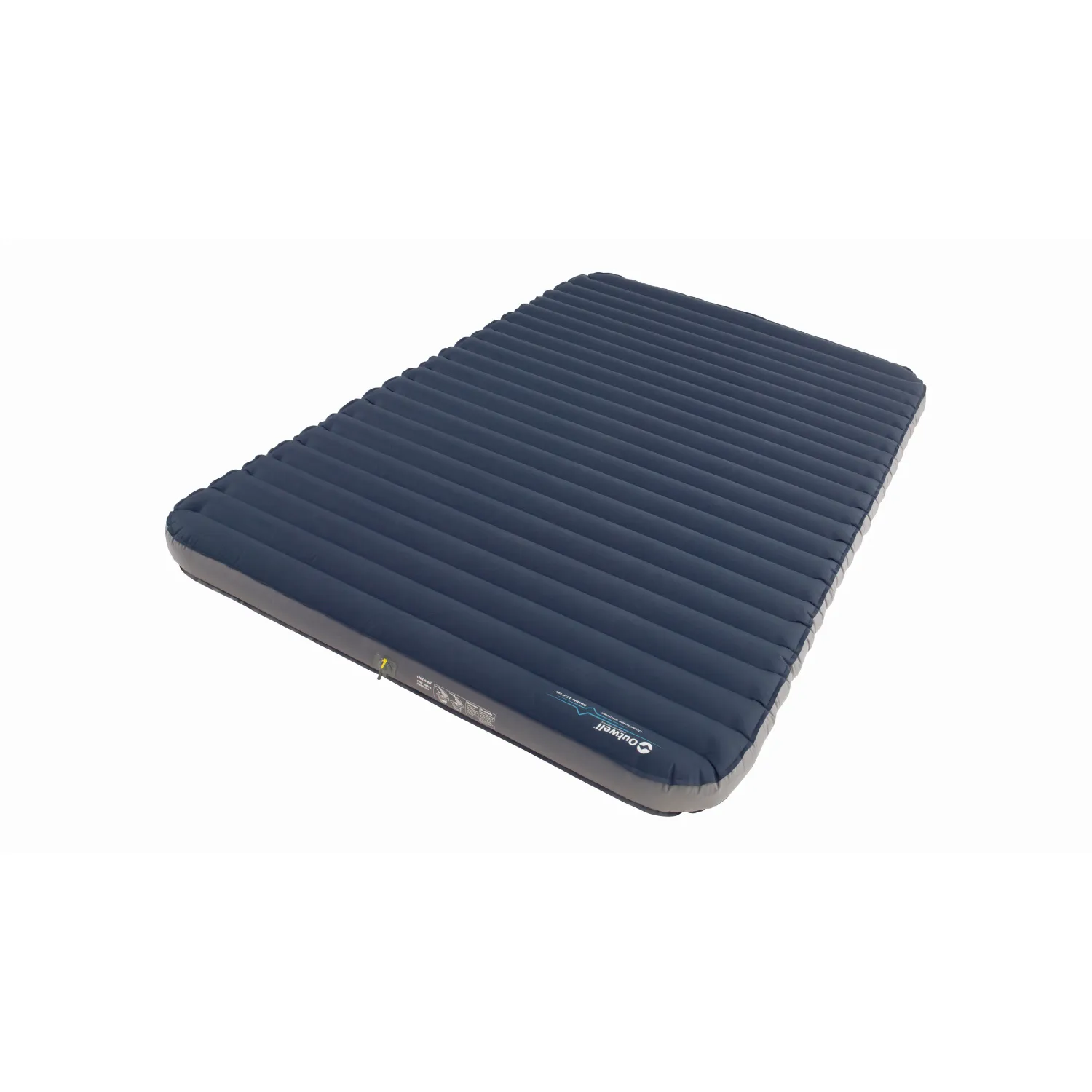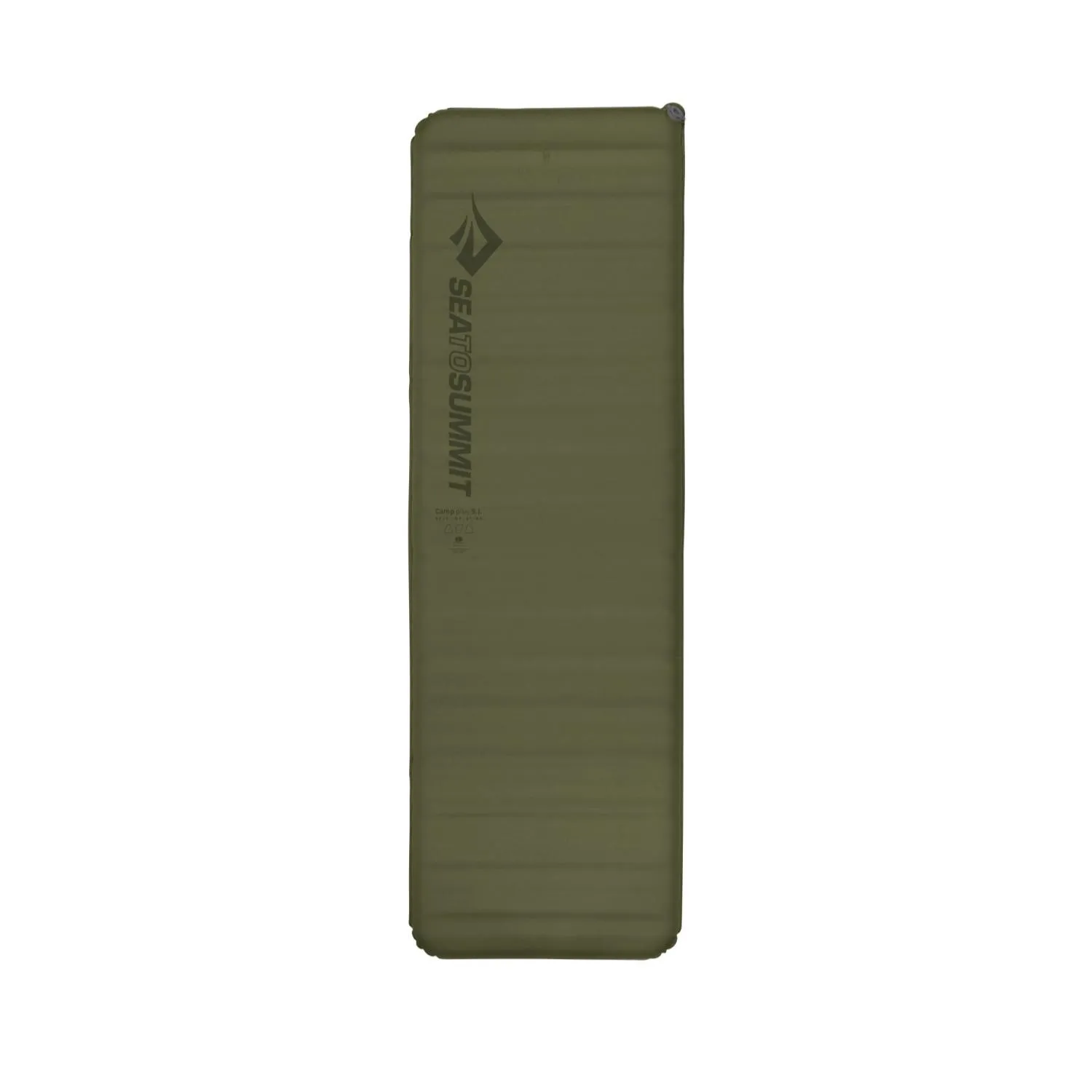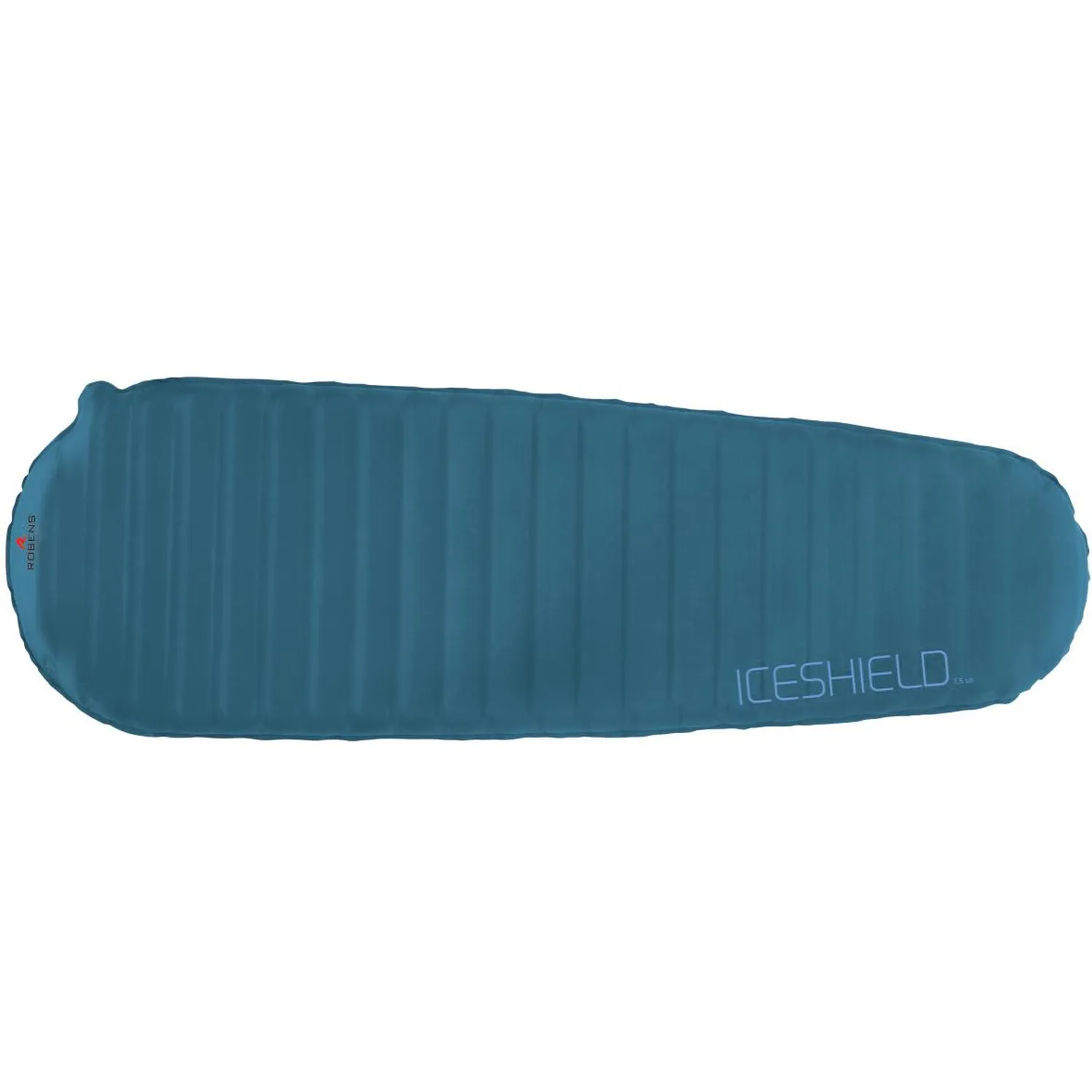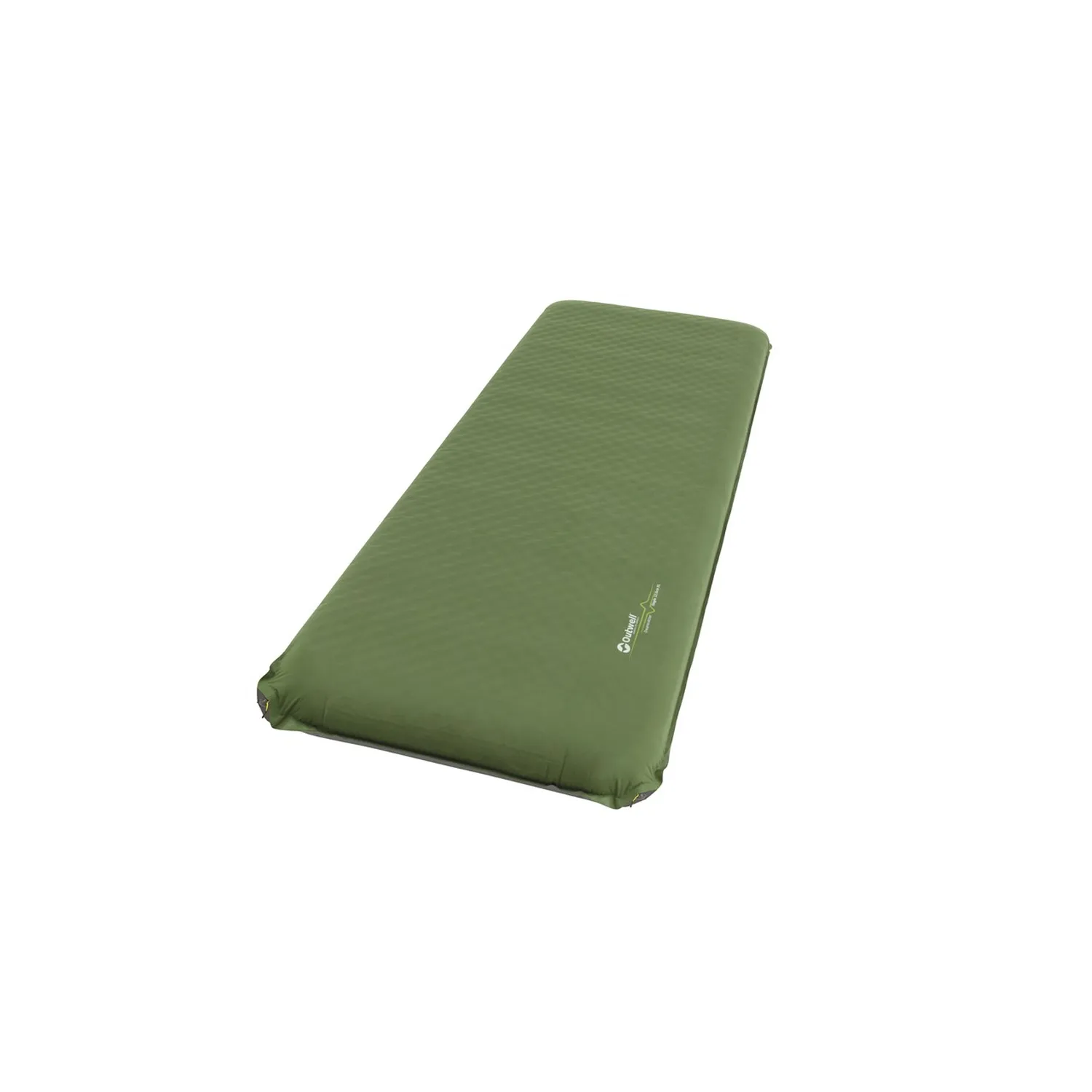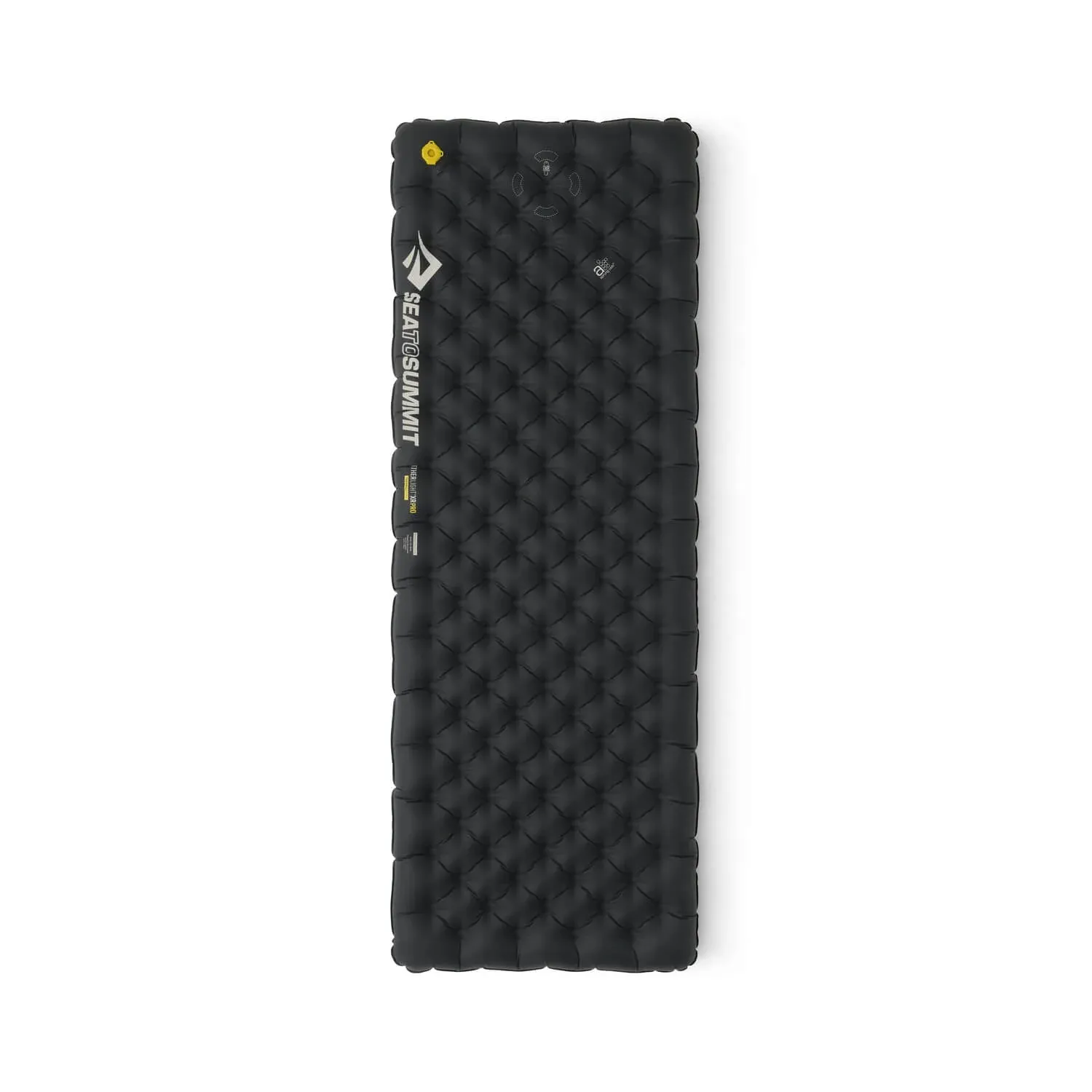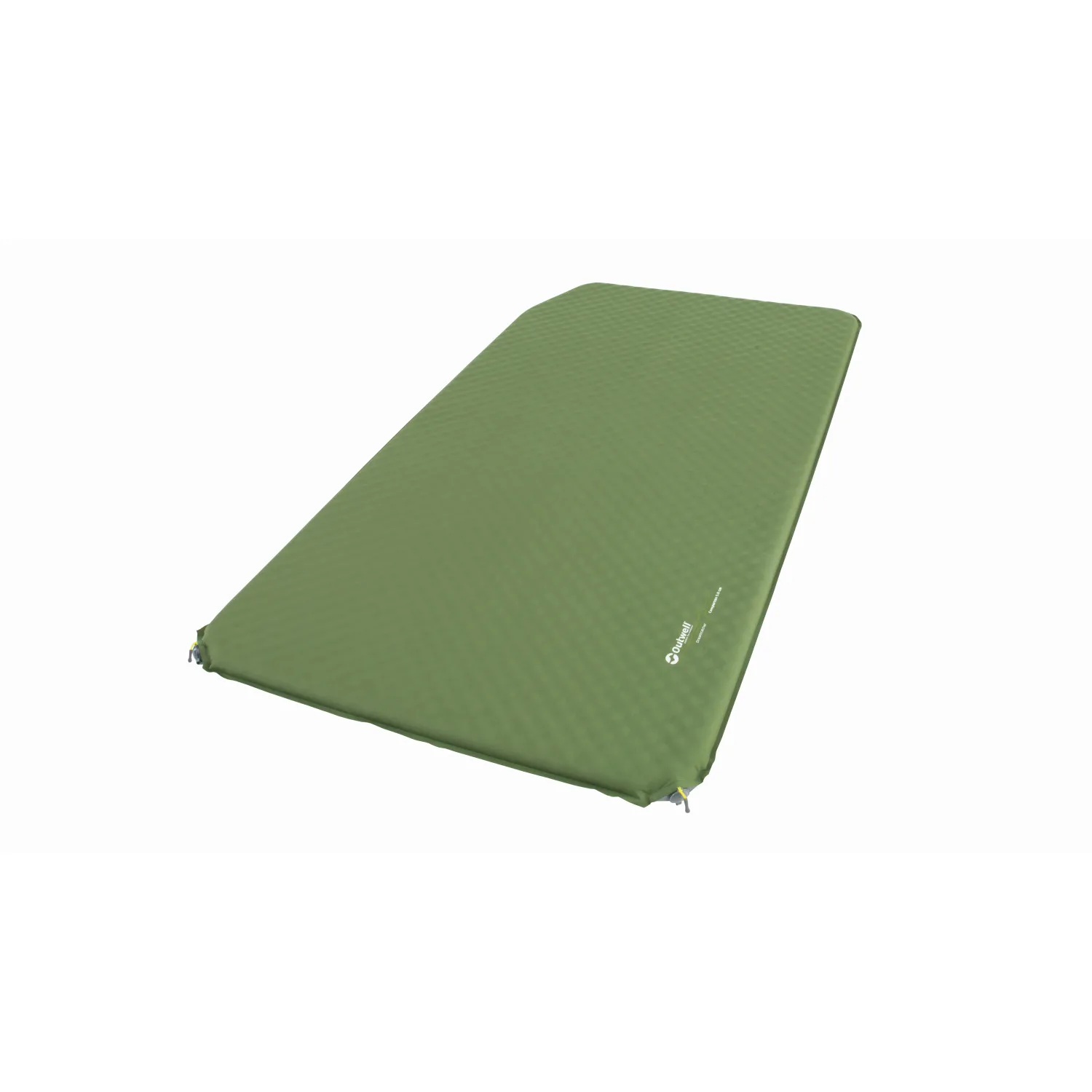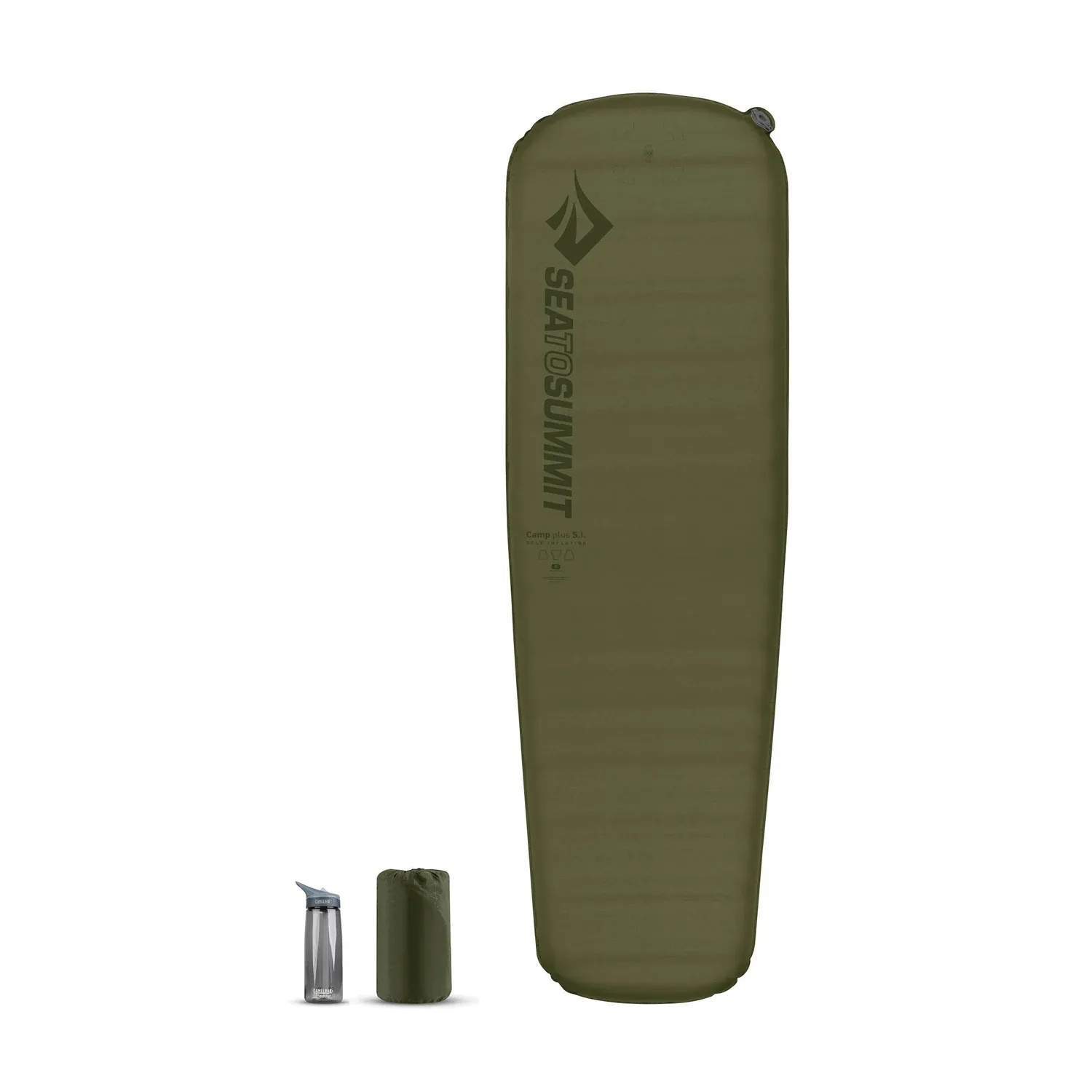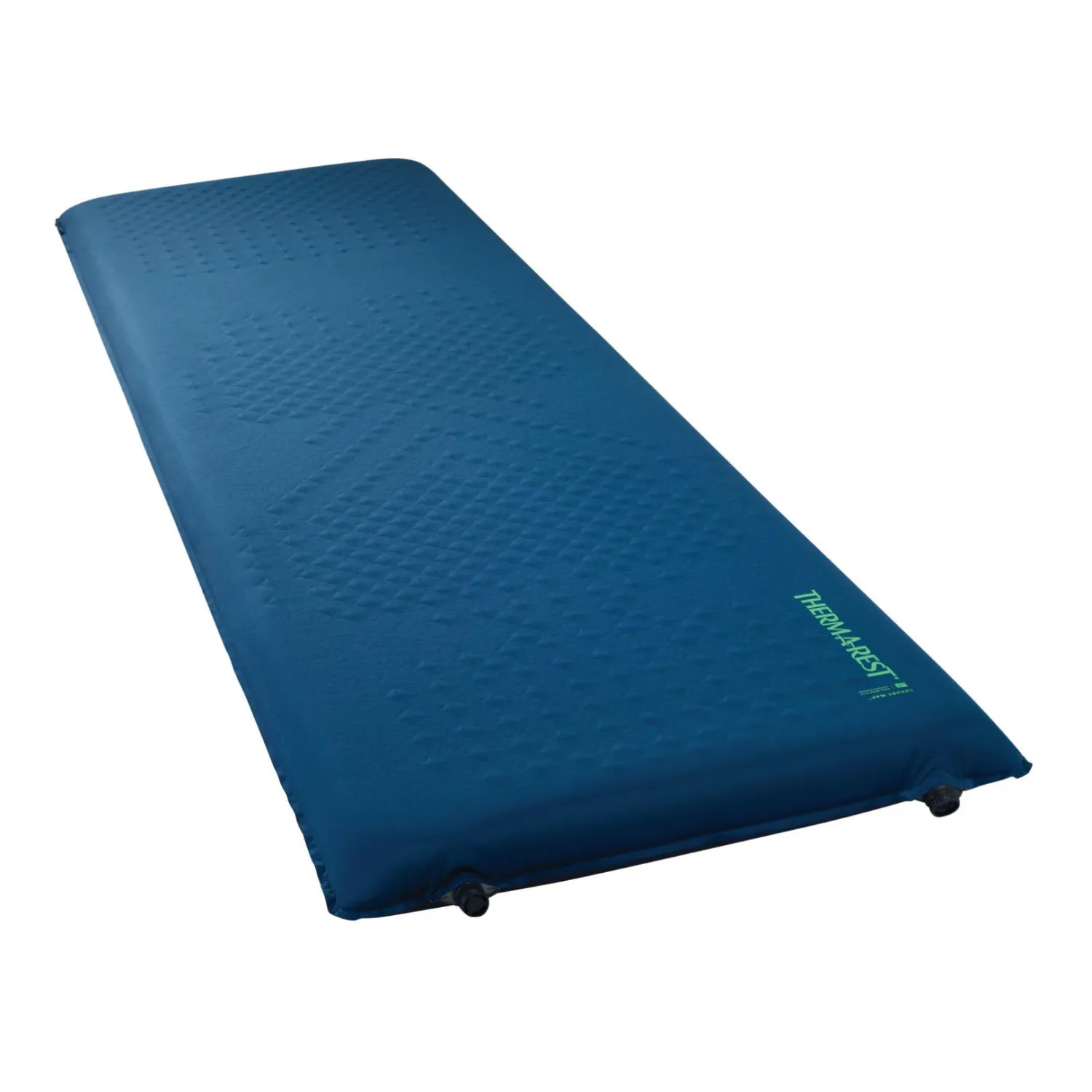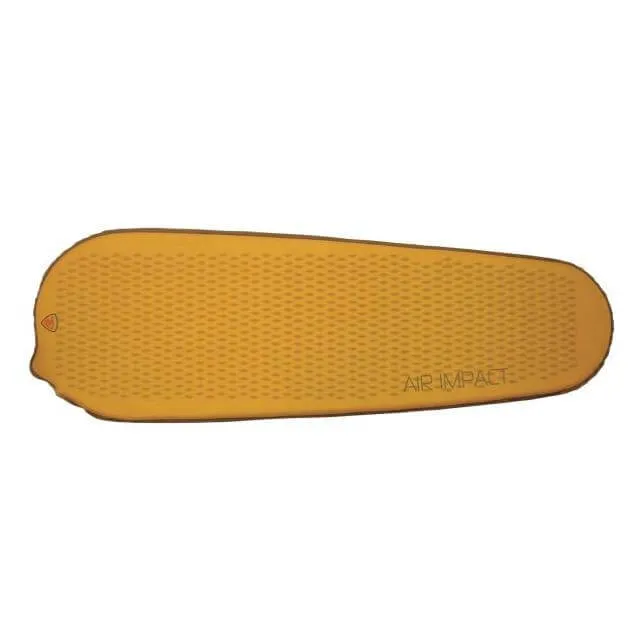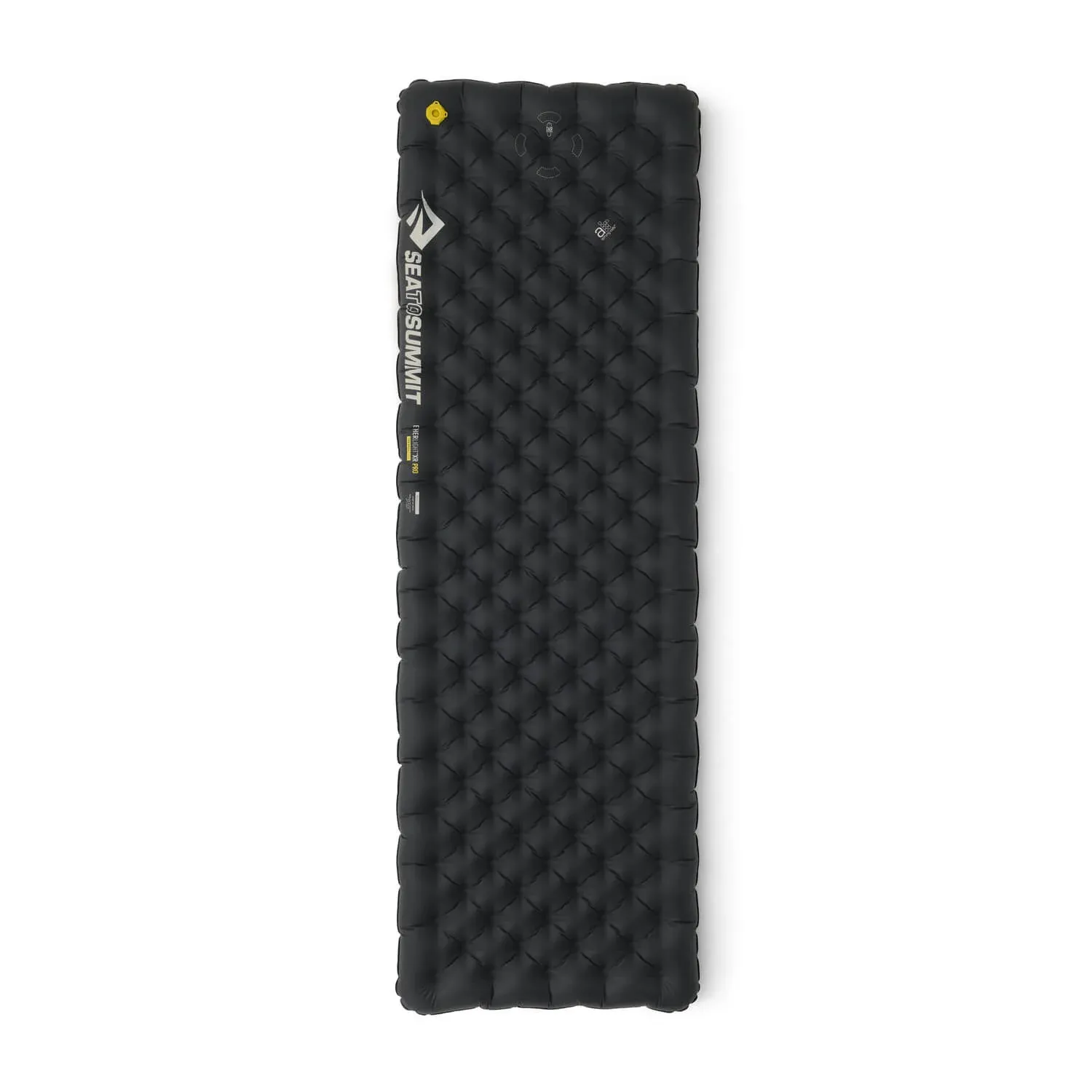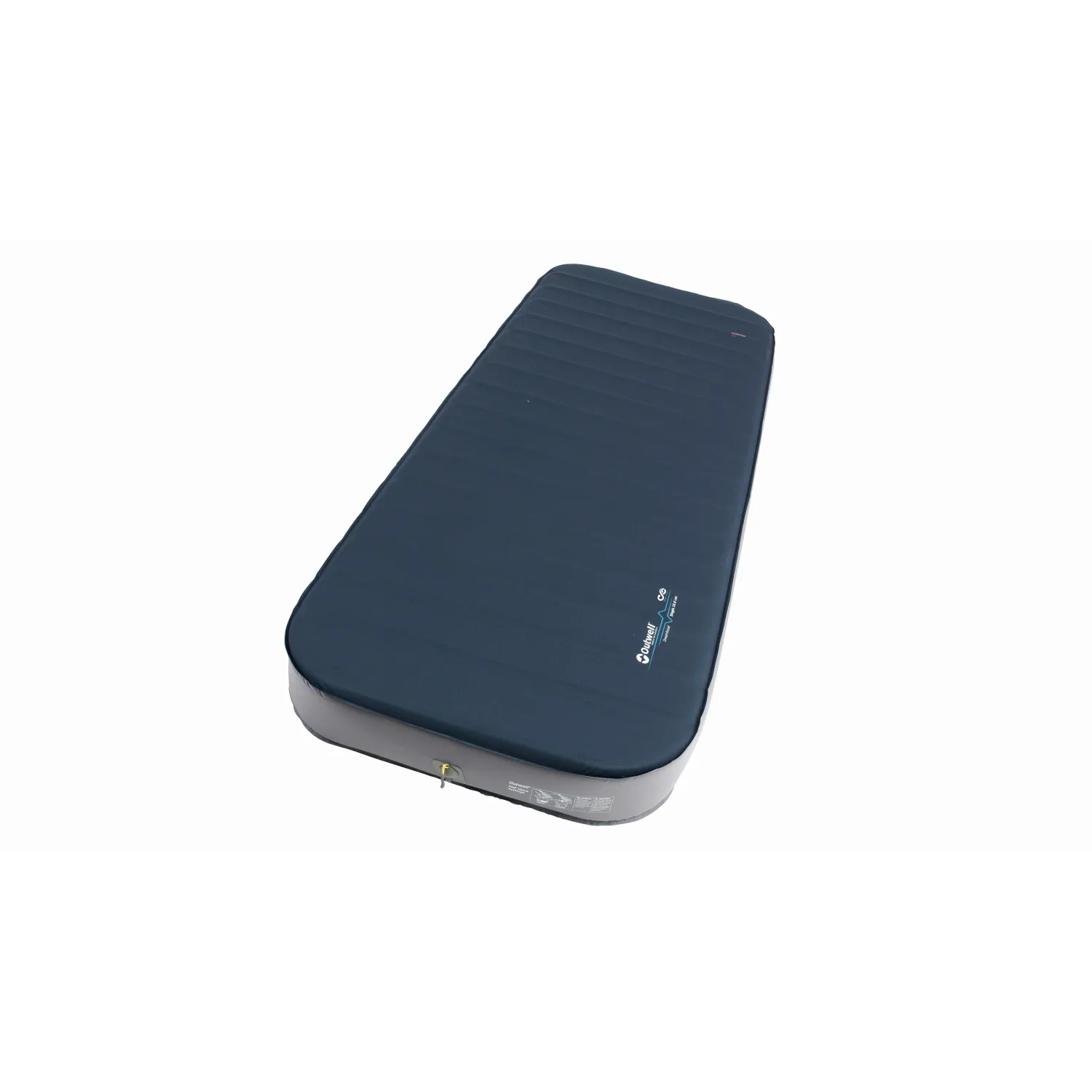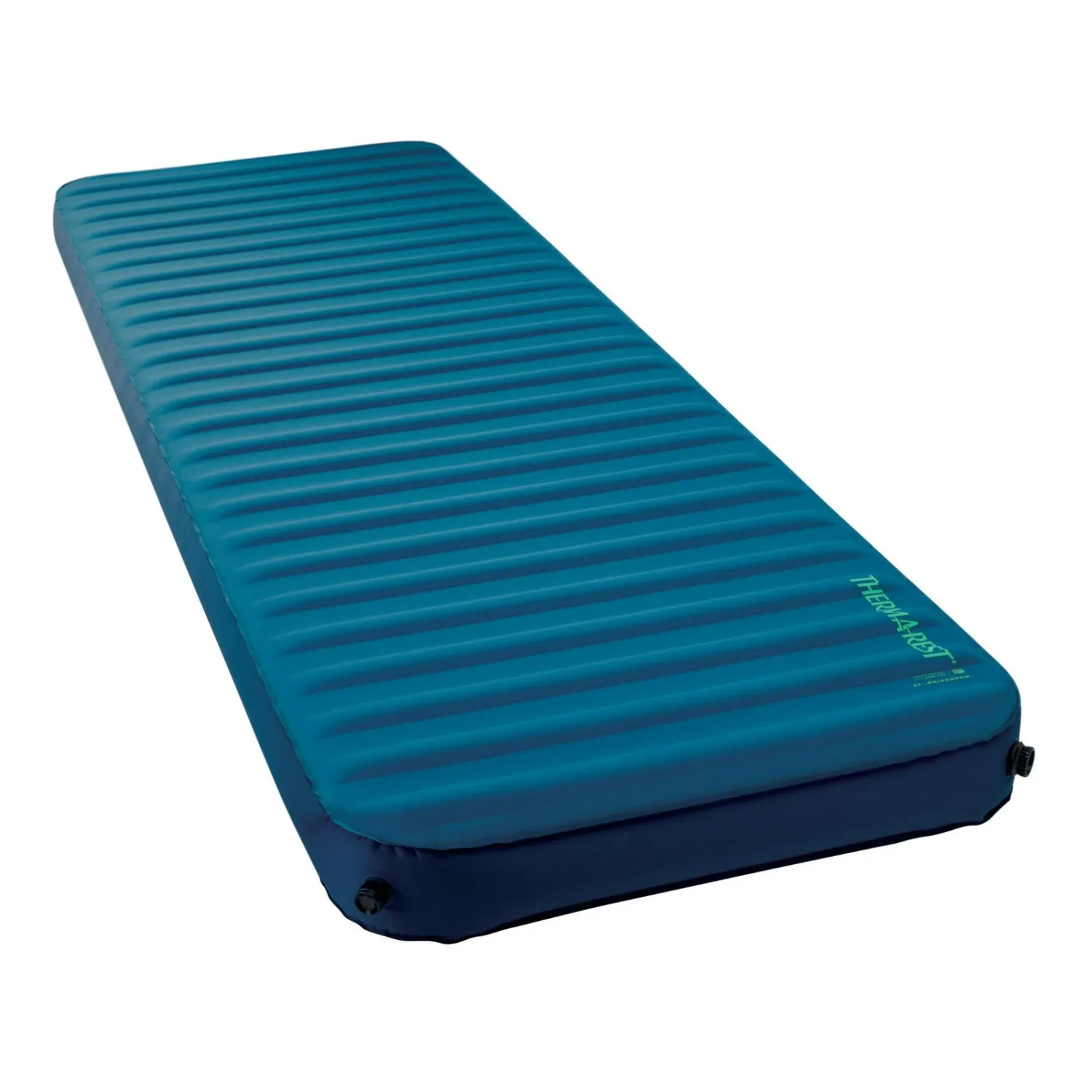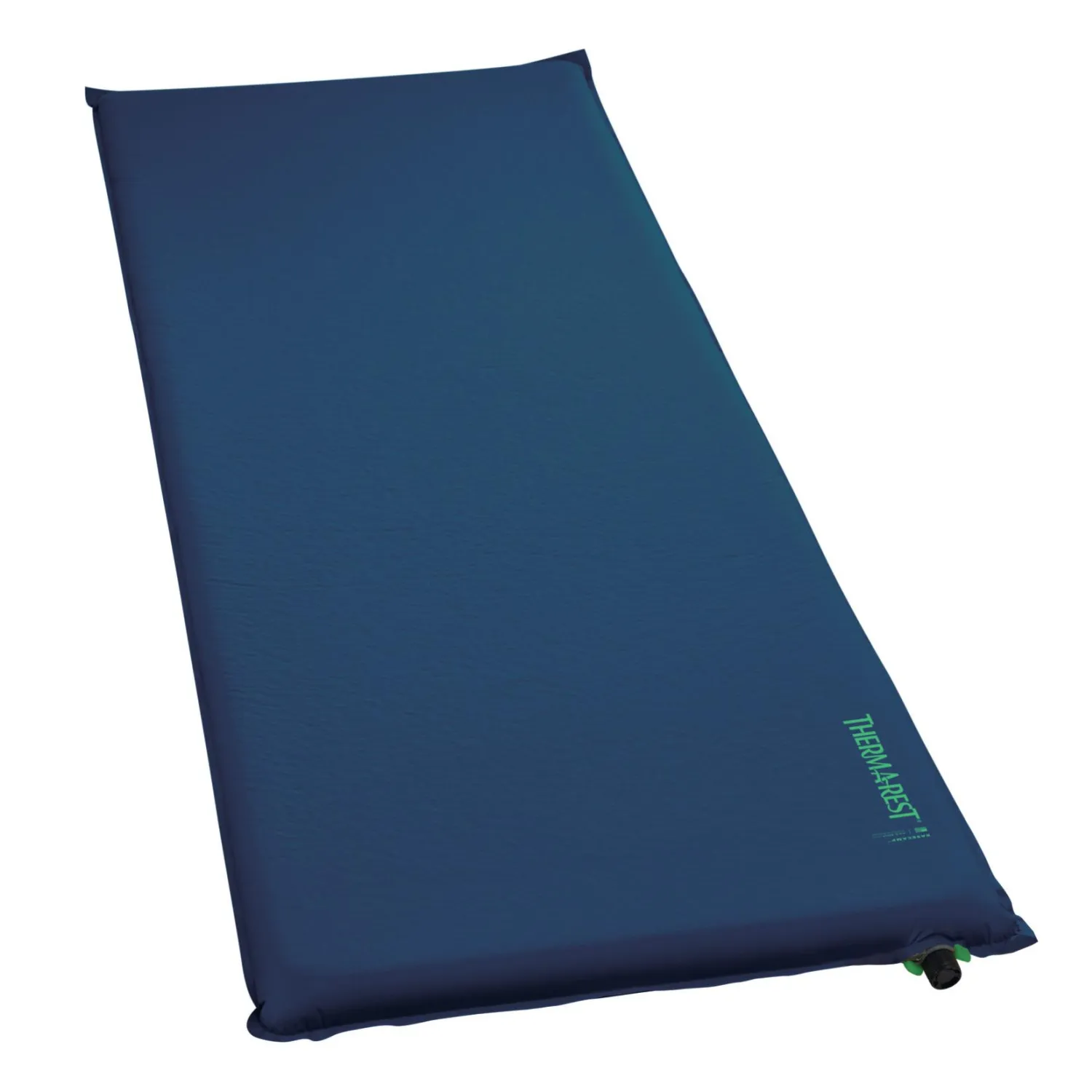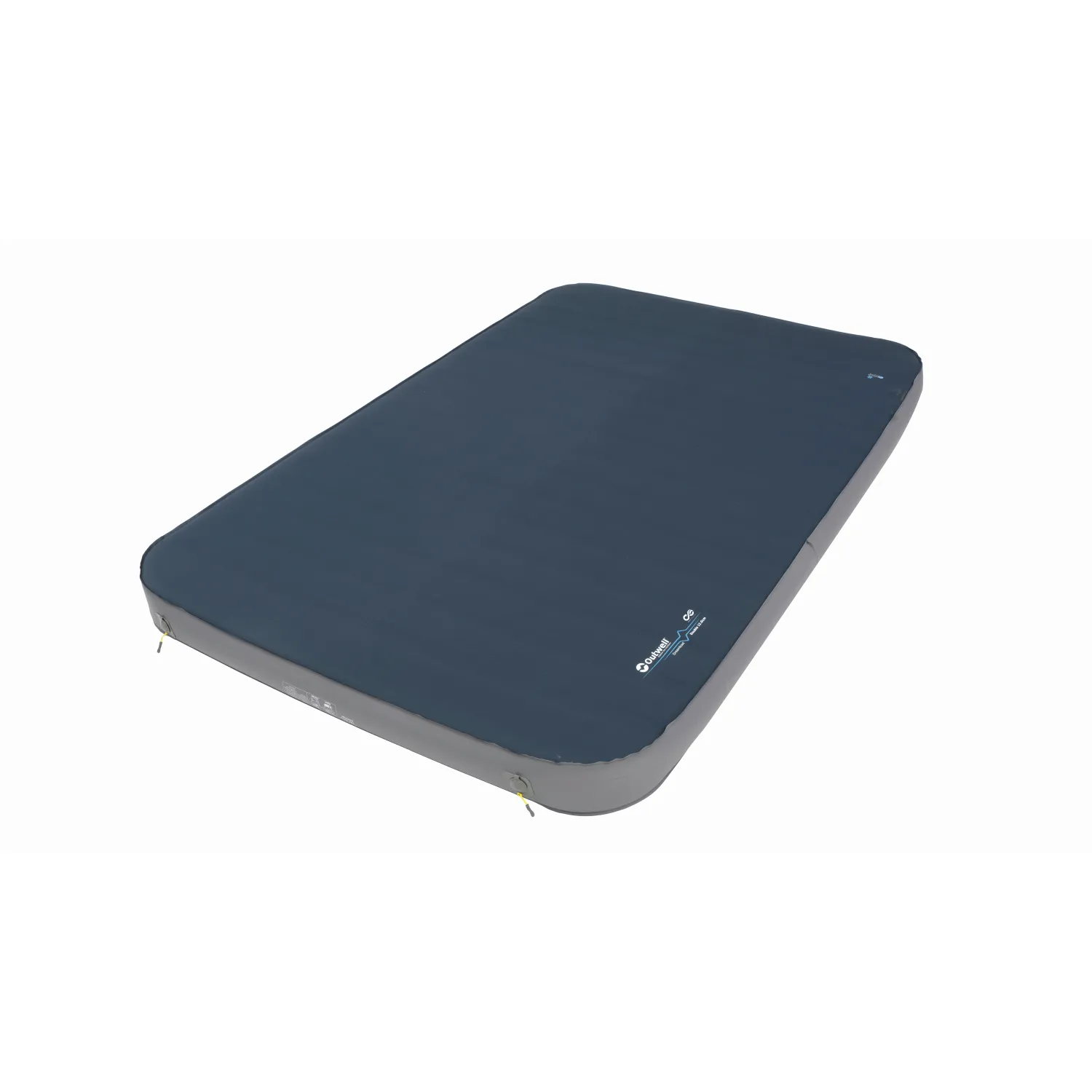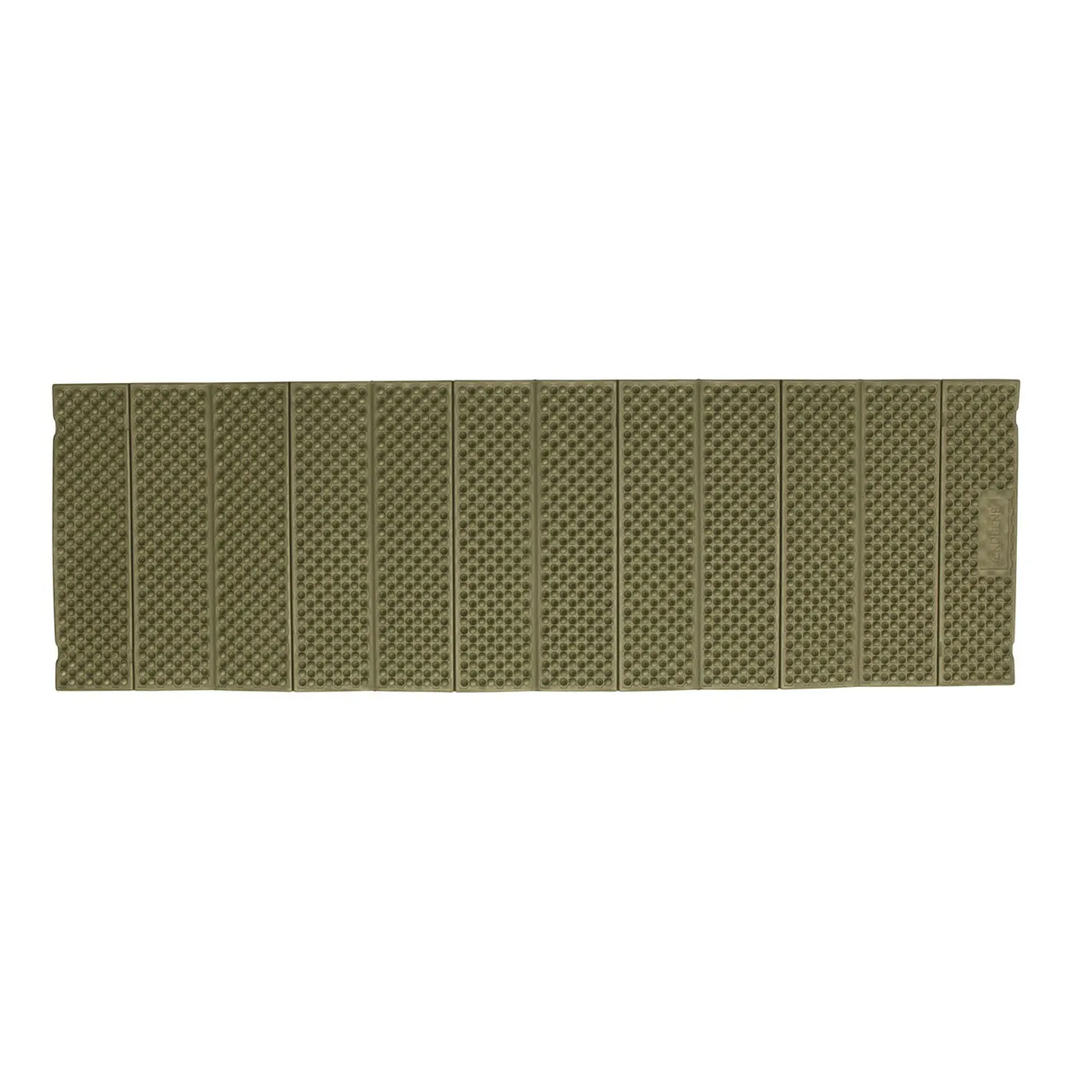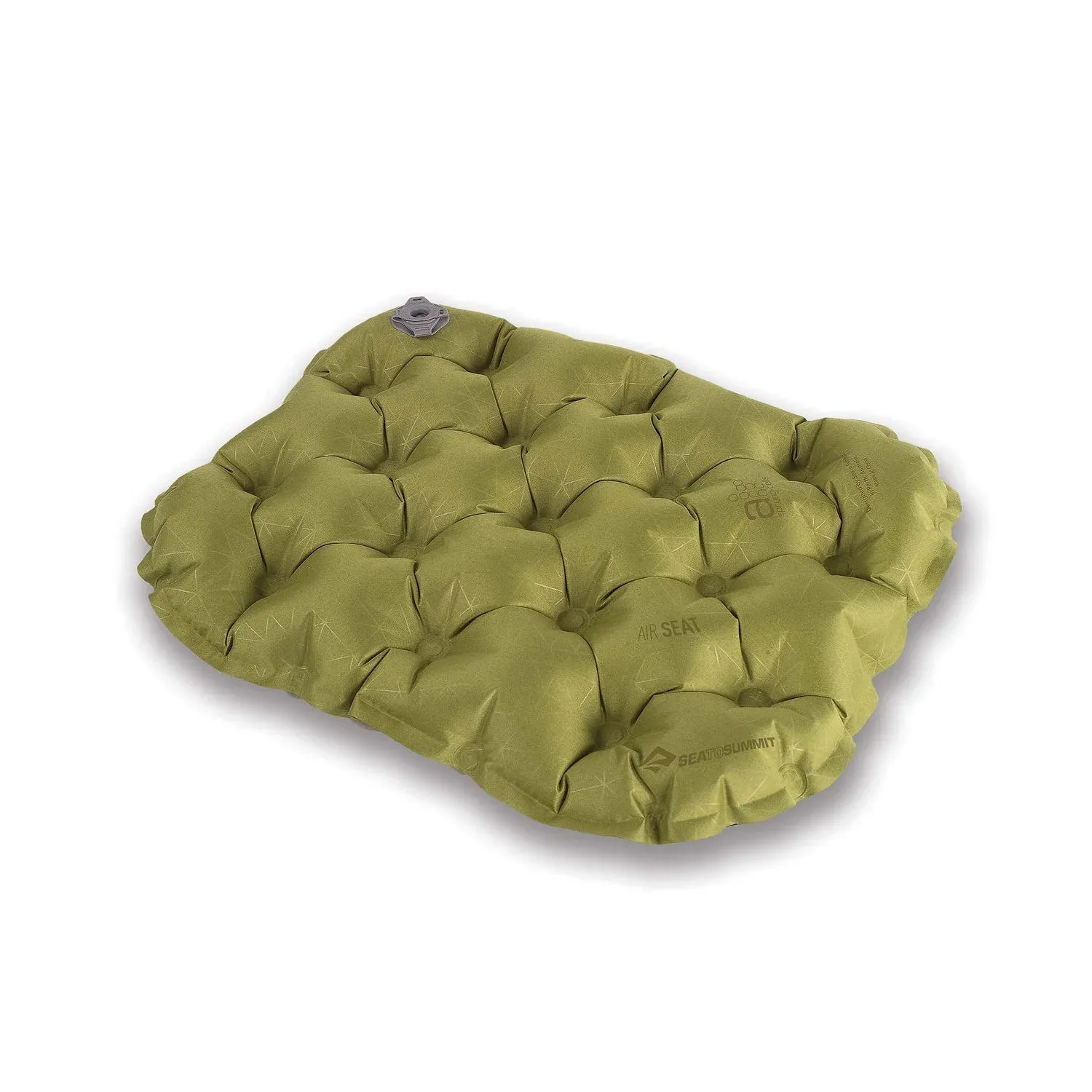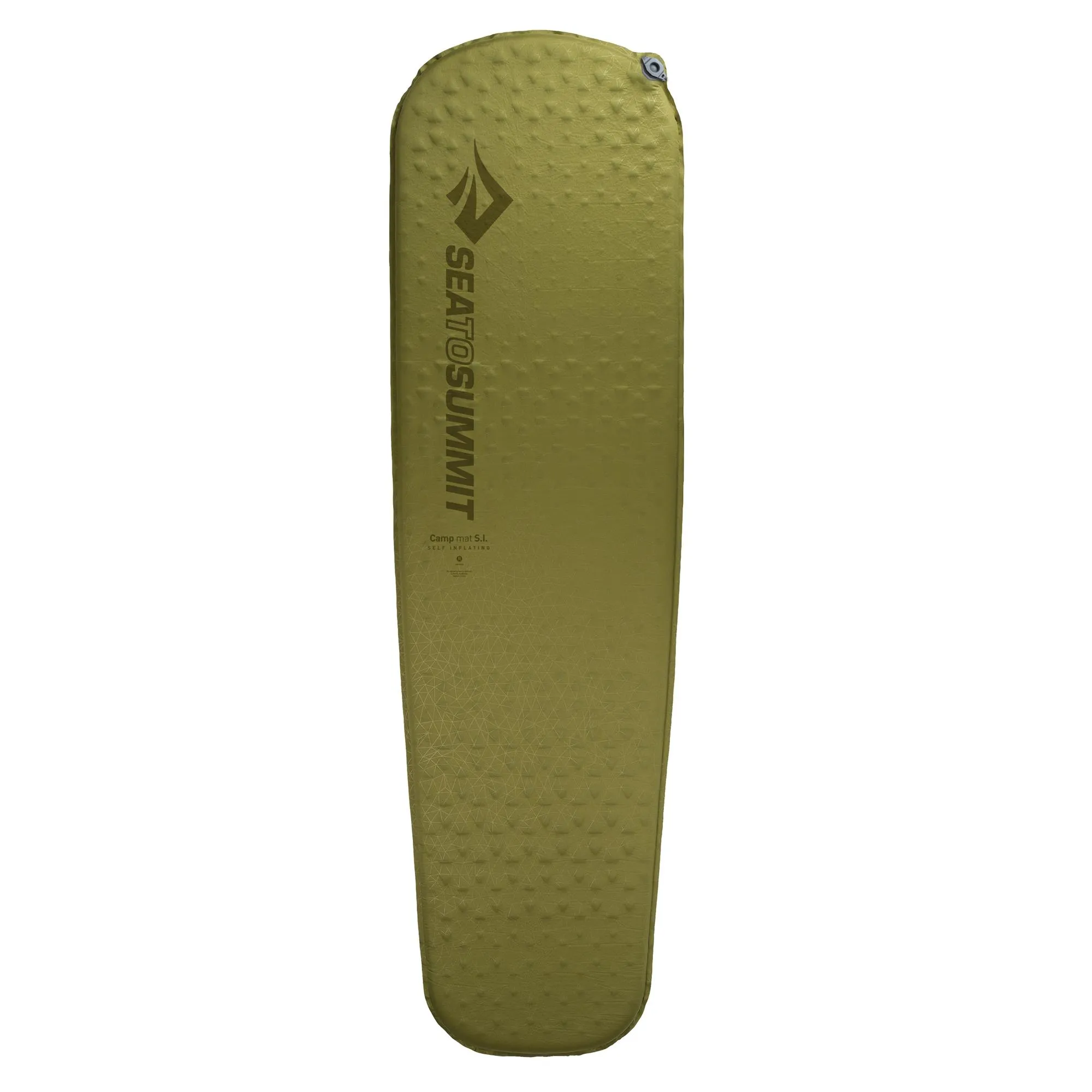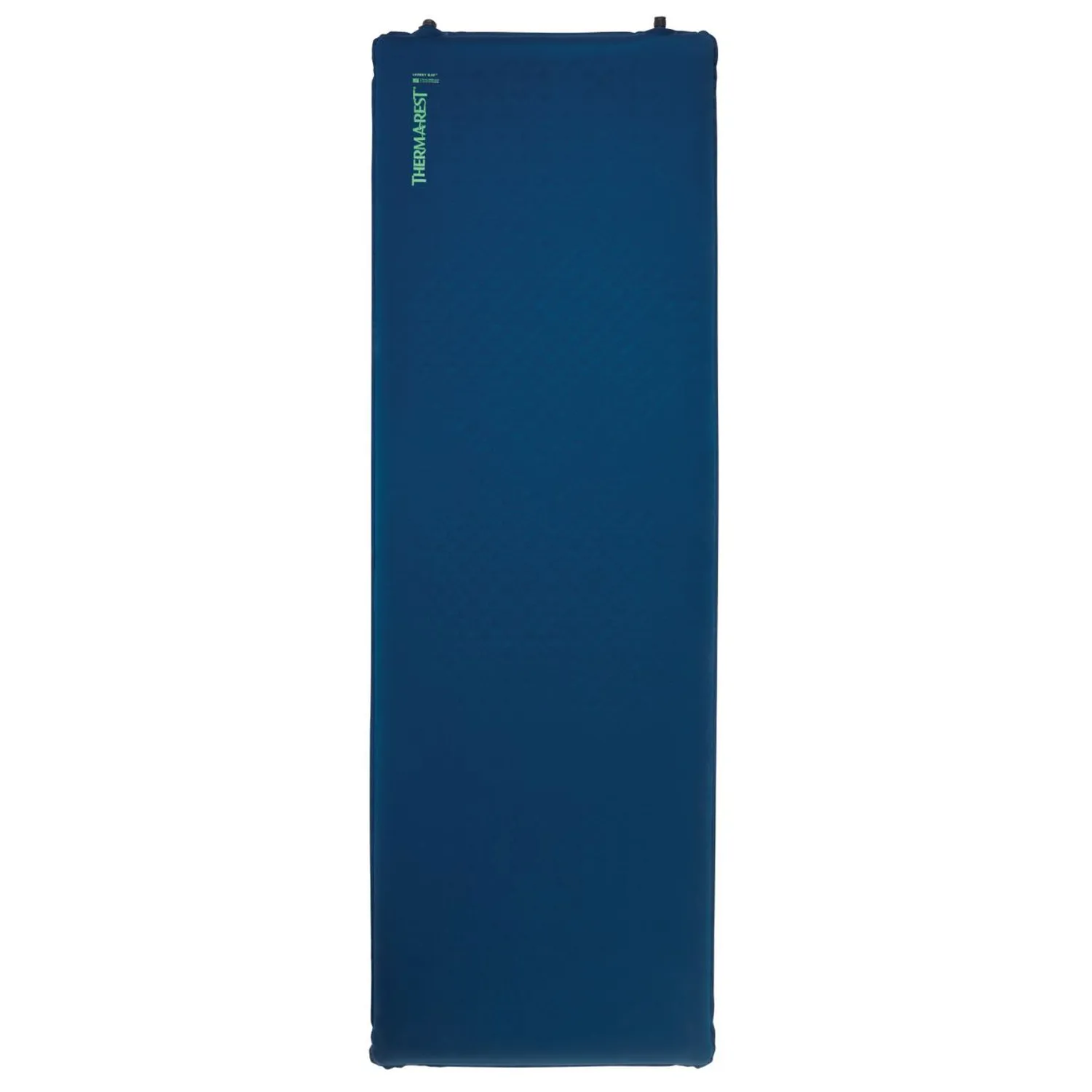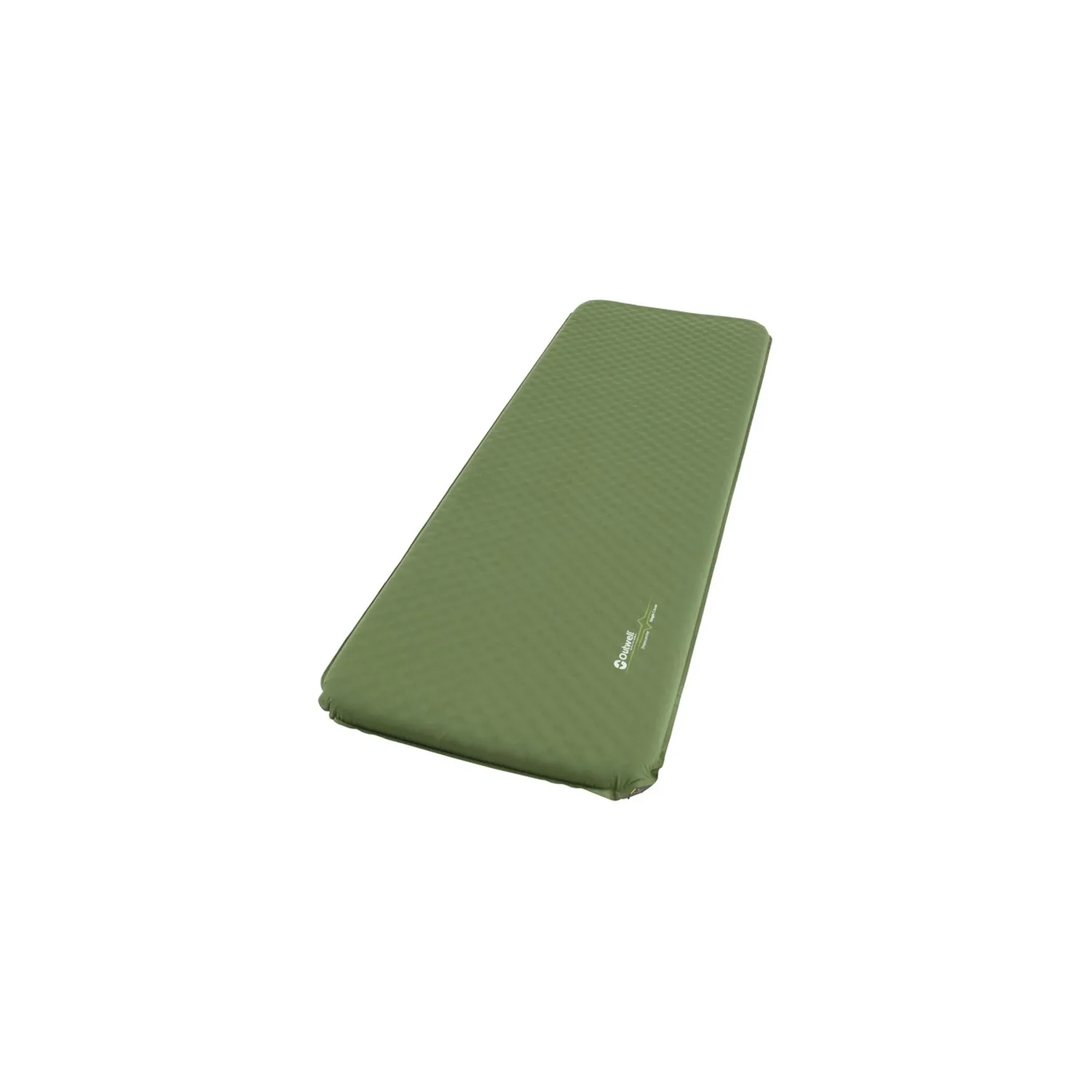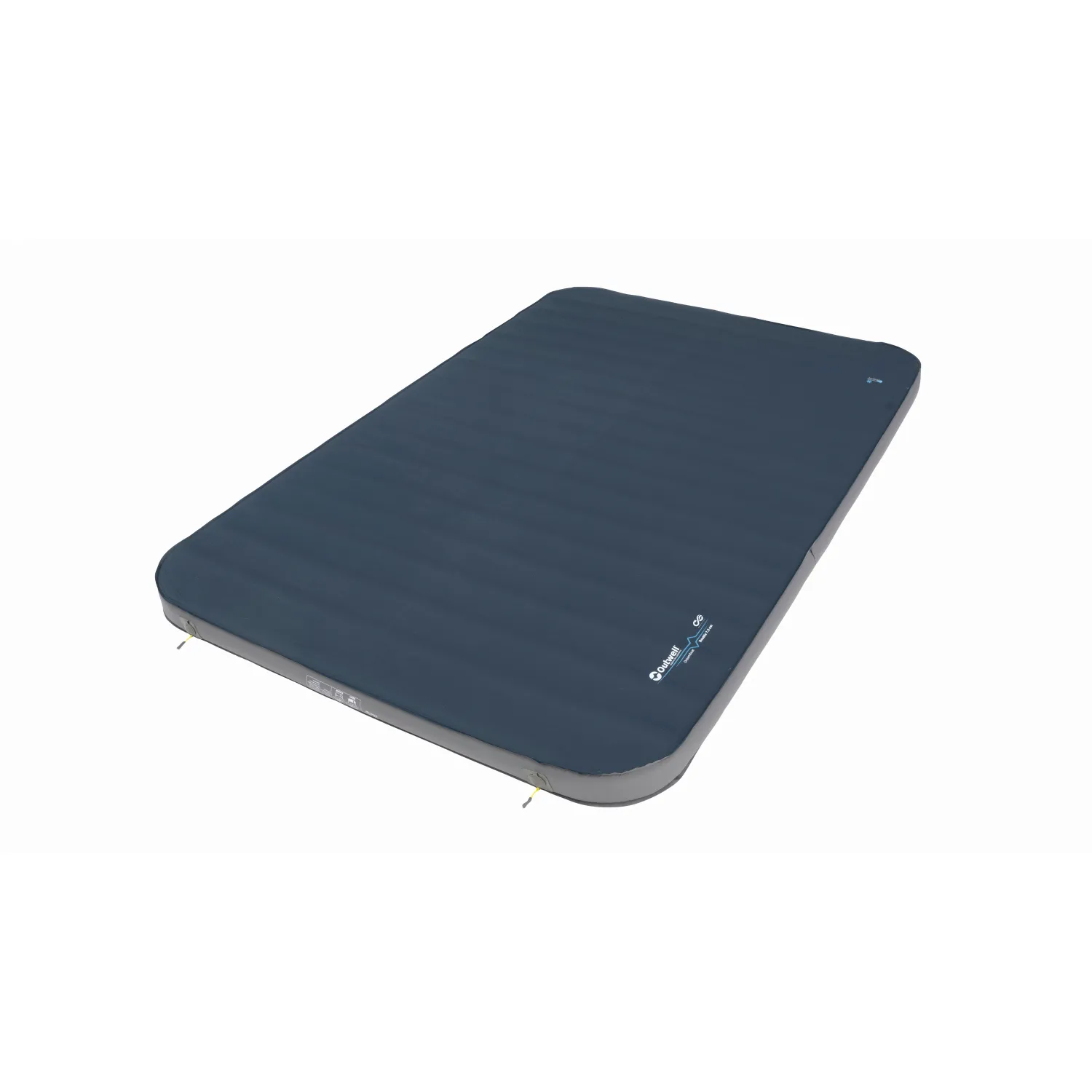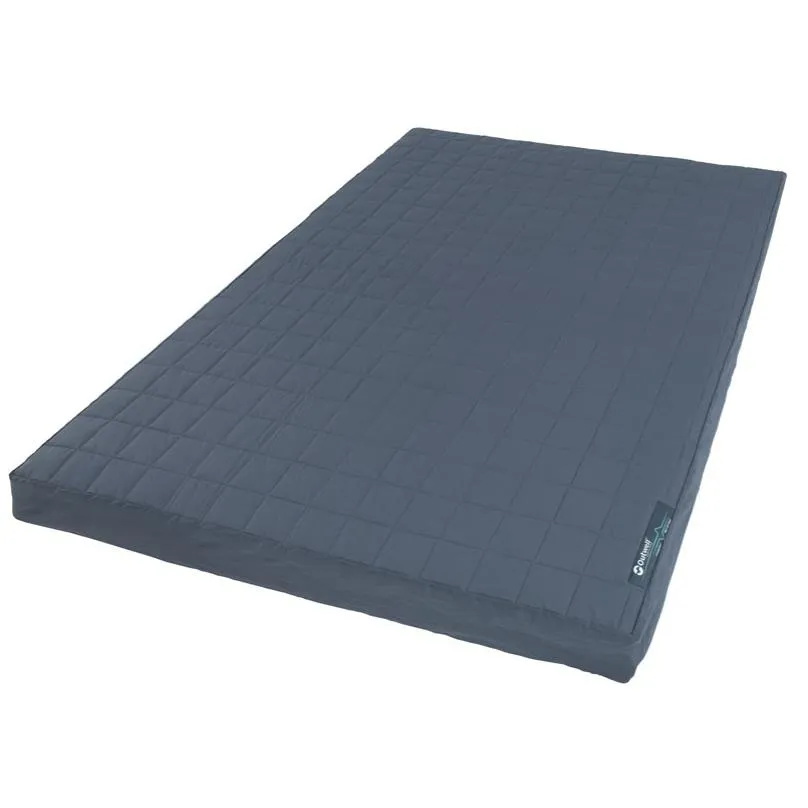Camping mats
Insulating mats
- The classic sleeping pad - particularly heat-insulating
- The R-value for sleeping mats
- The right size of sleeping pad
- Which side of the sleeping pad should be on top and which on the bottom?
- How do I transport the sleeping pad, especially when trekking?
- Insulating mat - advantages and disadvantages
The classic sleeping pad - particularly heat-insulating
The typical sleeping pad is made of fine-pored PE foam (= polyethylene). This provides excellent thermal insulation and also prevents moisture from penetrating. A sleeping mat is therefore particularly suitable for the cold - because its strength is clearly its insulation. On the other hand, you have to make some compromises when it comes to sleeping comfort - because the foam mat is usually not particularly comfortable.
However, sleeping mats are unbeatable when it comes to robustness: once an air mattress has a hole in it, it's broken. Although this can often be repaired, it is particularly impractical to have such a fragile sleeping surface when trekking - especially when the ground sometimes contains sharp stones. A sleeping mat does not cause any problems. Stones, thorny plants or sparks from a campfire cannot harm it.
The R-value for sleeping mats
The so-called R-value measures the thermal resistance - i.e. the insulation capacity or insulating effect. It therefore indicates how well a sleeping pad shields the body from the cold of the ground. The higher the R-value, the better the insulation of the sleeping pad. So if you are particularly sensitive to the cold or are travelling in a cold season, you should pay attention to a high R-value.
Here is an overview of which R-value is suitable for which temperature range:
| R-value | Temperature |
|---|---|
| 1 | up to +7°C |
| 2 | up to +2°C |
| 3 | to -5°C |
| 4 | up to -11°C |
| 5 | up to -17°C |
| 6 | up to -24°C |
From a value of 4, a sleeping pad is considered suitable for winter use. If you are only travelling in summer, a sleeping pad with a lower R-value should usually be sufficient. However, if you sleep in a tent in winter, we recommend an R-value of at least 4, preferably 5 or 6.
The right size of sleeping pad
How big your sleeping pad should be depends first and foremost on your height. For the correct length of a sleeping pad, you should base it on your own height and add another 10 to 20 cm.
The width depends, among other things, on whether you are a side, back or stomach sleeper. Depending on this, you should choose a narrower or wider version. As a rule, sleeping mats start at around 50cm wide. However, there are also significantly wider mattresses with a width of up to 130cm. These can also accommodate two people.
Of course, the dimensions of your sleeping pad also depend on how much space there is in your tent.
Which side of the sleeping pad belongs on top and which on the bottom?
Which side of the sleeping pad do you sleep on? Which side goes up and which side goes down? Does it make a difference?
If you have a sleeping pad that is coated with aluminium on one side, then this side belongs on the bottom. The same applies to sides that are rubberised and non-slip. These also belong at the bottom.
Some sleeping mats are noticeably softer on one side - this side then belongs at the top.
Otherwise, if I can read the advert, the right side is on top.
How do I transport the sleeping pad, especially when trekking?
Although the sleeping pad is quite bulky, it has the advantage of being quite light. So if you take a sleeping mat with you when trekking, you don't need to worry about extra kilos. As a rule, sleeping mats weigh less than 0.5 kg.
Most trekking backpacks have extra straps to which you can attach a sleeping mat. This makes it easy to transport the sleeping pad when trekking.
Sleeping mat - advantages and disadvantages
| Advantages | Disadvantages |
|---|---|
| Particularly heat-insulating | Bulky pack size |
| Very robust | Low sleeping comfort |
| Relatively light |

























